The Pretred Story
Colorado-based company has moved from idea to making sustainable recycled rubber construction products
You never know when epiphanies are going to appear and change your life. For Eric Davis that moment came on a fly-fishing day knee-deep in a stream on the edge of the Colorado Rocky Mountains. Davis made a perfect cast upstream into Colorado’s iconic gold metal trout stream waters. But browns and rainbows eluded him as a large black tire sitting in the pristine waters came into focus.
Knowing nothing about tires, except there were four on his car, Davis set out to find out why a tire was marring the beauty and maybe harming Colorado’s unspoiled waters.
That began an entrepreneurial journey for Davis, that, while fraught with the highs, lows, successes, failures, quitting and re-starting that plague most entrepreneurs, had a clear vision—develop a product or beneficial use for end-of-life tires. Davis’s research led him to look at products already in common use that could be re-invented using recycled tire rubber.
Now on the way to going to market with full size blocks and barriers later this year, Davis is confident his initial idea to transform the common concrete barrier to a lighter weight, more durable, affordable and safer barrier will help create a new standard in the industry.
Earlier this year, Pretred broke ground on a new facility in Aurora, Colorado looking out to the same Rocky Mountains that got the idea started. The brand new 30,000 sq.ft. manufacturing facility has drive in and out doors, nine bays and good access to rail and interstate transportation.

“We actually began our manufacturing journey in a rented factory in Illinois that had large presses and equipment to make prototype barriers and blocks and test our manufacturing process,” Davis said. This, after Pretred had successfully completed the 2020 Heritage Group Accelerator Powered by Techstars®, a program for mentoring and developing early-stage companies in the hardtech industries of advanced materials, infrastructure and environmental services. Davis credits the incubator program with giving Pretred the practical, hands-on experience and support to take the company to the next level.
Pretred shifted their R&D to Hudson, Colorado and began additional pressure, colorant, density, and mold testing in preparation for the move to Aurora. With construction well underway and new presses and equipment ordered, the company expects to move into the new Aurora plant later this year.
Pretred barriers are made with 90 percent recycled tire rubber and 10 percent recycled plastic and other materials. Recycled tire rubber is used in both the core and the outer skin. Each standard barrier weighs over 1500 pounds and contains recycled tire rubber equivalent to 75 tires per barrier. The barriers are available in standard and custom sizes and shapes including trapezoidal and constant slope styles.
“Through our continuing research we have perfected four soft earth tone colors and a smooth consistent outer finish,” Pretred Sales Manager Royal Rich said. Custom size barriers range from 150 pounds to 2,000 pounds depending on application. Pretred’s manufacturing process also yields a 98 percent reduction in CO2 emissions when compared to concrete production, Rich said.
“In terms of cost, Pretred products are cost competitive with pricing the same or less than concrete products for superior performance,” he said.
The barriers absorb and disperse energy making them a safer alternative to traditional barriers. The durable, dense barriers are long-lasting and reusable for decades. At the end of their useful life, Pretred barriers are completely recyclable and can be broken down and repurposed into new recycled rubber products.
Pretred completed and passed third party weather and UV testing as well as leachate testing assuring Pretred products are non-toxic, free from contamination and environmentally safe. Future testing for flammability is planned and Pretred is working with the Texas Transportation Institute on low speed and high speed roadway testing.
With several clients already using Pretred products including HDR Engineering, various Colorado ski resorts, Denver Zoo, and several construction contractors, Pretred is working on railway, pedestrian and bike lane applications as well as rockfall prevention and other highway applications.
Pretred received a three component market development grant from the Colorado Department of Public Health and Environment that has allowed the company to set up pilot product demonstration projects for use of the barriers at the Denver Zoo and in various applications identified by the Beeble Co. and Roche Construction, its two other pilot project partners.
© Scrap Tire News, May 2022






